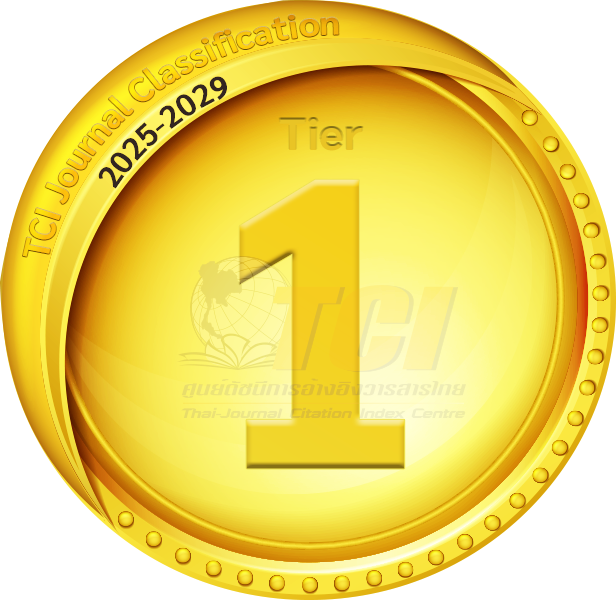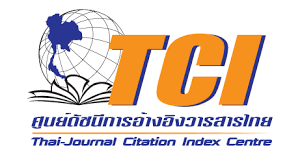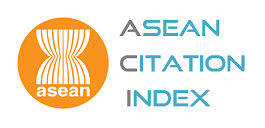Editor's Note
Abstract
Happy 40th Anniversary, Thailand and China!
These two great partners officially established diplomatic relations on 1 July 1975, and like any couple who have enjoyed a happy marriage, they have been fortunate enough to grow close and help each other progress over the past four decades. To celebrate and mark their anniversary, this issue of RJSH recalls the early days of their relationship, assesses the state of things today, and ponders how they might evolve together in the years ahead.
Given that red is considered the luckiest color in Chinese culture, and red represents the nation in Thailand’s flag, it’s a happy coincidence that the traditional 40th anniversary gift for marriages in Western culture is the bright red gemstone ruby. As it happens, another color in Thailand’s flag is blue, which represents the Kingdom’s Royalty, so we thought it appropriate to start this issue with words from a member of the royal family.
Her Royal Highness Princess Maha Chakri Sirindhorn has had a lifelong interest in China. As she explained to members of the Asia Society Hong Kong in a 2012 lecture, whose presentation we adapted for this issue, she has a strong interest and knowledge of Chinese geography, culture, literature and history, and has made dozens of visits to the country, including time spent studying at Peking University. We’re grateful for her sharing her unique insights into the history of Thai and Chinese people, which dates back several centuries before the advent of formal diplomatic relations.
In more recent times, China has become a major world power as the result of its phenomenal economic growth. In many ways, from economic influence to rising military and diplomatic might, it now dwarfs Thailand, states Anuson Chinvanno, director of Rangsit University’s Chinese-Thai Institute. Change often brings peril as well as opportunity, and in “China’s Rise: A Perceptual Challenge for Thailand,” he asserts that Thailand must recognize the new reality of a China vastly different after 40 years of diplomatic ties; the Kingdom must find ways to adapt and maintain its strategic engagement with China as a true partner in Southeast Asia. With Thailand likely to continue deepening its economic, political, social, cultural, and military relationships with China, Mr. Anuson provides a detailed explanation of the implications for Thailand’s policymakers in foreign affairs.
Most discussions about China’s increasing power has focused on the “hard” power of economic and military might. In foreign affairs, however, “soft” power can wield a force equal to or even greater than that of money and materiel – despite the seemingly imprecise nature and ways of developing and harnessing soft power. Sompong Sanguanbun helps clarify this power and how China has employed it over the past 20 years in “China’s Soft Power Policy: Lessons and Implications.” After a careful examination of China’s trial-and-error approach in leveraging soft power in pursuit of its foreign policy, Mr. Sompong believes Thailand and other member-states of the Association of Southeast Asian Nations must scrutinize China’s role and conduct, which can affect ASEAN much more than other regions of the world. By improving our understanding of China’s foreign affairs, his study provides a lesson for Thailand and its regional partners to use in shaping their policies toward an ever-growing China.
A country as large, complex and dynamic as China cannot possibly be examined fully in a book, much less in one issue of a journal. Rather than despair over that impossibility, we at RJSH welcome the changing and growing nature of the Thai-Chinese relationship. As with two people in a marriage, the life-affirming nature of any relationship comes from how both parties develop, mature, and find new ways to strengthen and deepen their partnership. That is our hope for Thailand and China.
We welcome your comments and manuscripts. Links to our manuscript submission site can be found at the RJSH Online Submission and Review System: http://rjsh.rsu.ac.th. We look forward to hearing from you.
Sincerely,
Anek Laothamatas
Editor-in-chief

Indexed in


Search